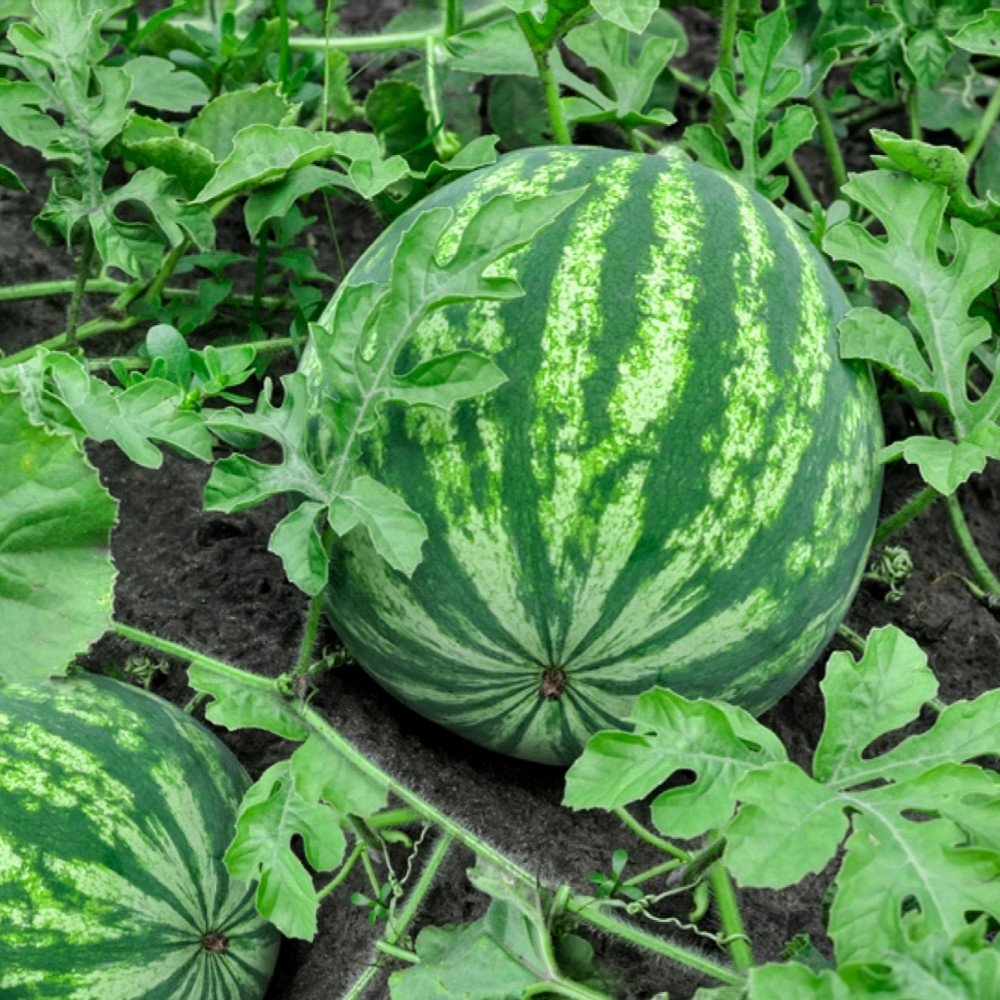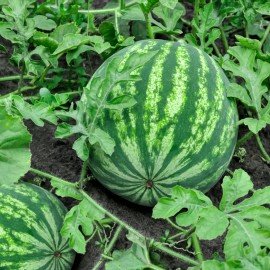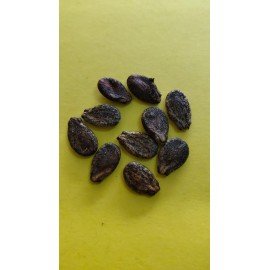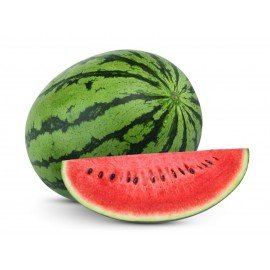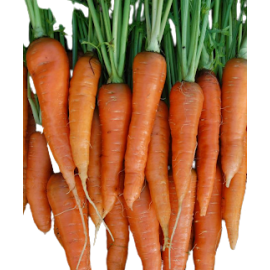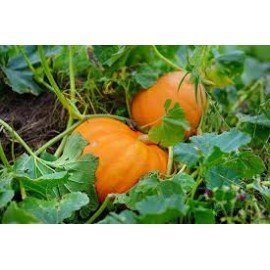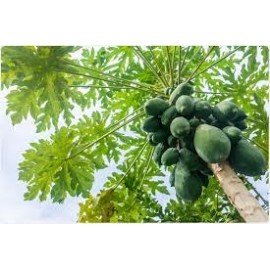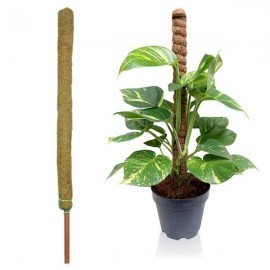Watermelon Seeds
Product Description
Plant Name: Watermelon Seeds.
Sowing Season:
- November to March.
Soil requirements:
- The right type of soil is very important as nutrition is required for the growth of the plant.
- A mix of soil requires Red soil, Vermicompost, and Coco peat in respective ratios (40: 40: 20). Also, add a handful of Neem cake to each pot to keep the soil pest-free.
Container Specification:
- Take Container/Grow bag with minimum 19 kg or larger size container.
Sowing:
- Watermelons prefer a soil pH between 6 and 6.8. Watermelons grow well in loamy, well-drained soil.
- Sow the seeds about, plant to plant 6 FT line to line 2 FT.
- Keep soil moist to speed germination and encourage quick growth.
- While melon plants need 1 to 2 liters of water per week. Avoid overhead watering. Reduce watering once fruits start to grow.
- Watermelon vines are really tender, wait at least two weeks after frosty winters/ spring before sowing. Start seeds indoors around a month before transplanting.
Plants Caring:
- While melon plants need 1 to 2 liters of water per week. Avoid overhead watering. Reduce watering once fruits start to grow.
- Watermelon plants need a minimum of 6 hours of sun every day.
- Melons need warm temperatures. The optimum soil temperature for root growth is in the range of 20 to 35°C [68 to 95°F].
HOW TO HARVEST
Look at the color at the bottom. A green watermelon will have a white bottom; a ripe melon will have a creamy or yellow-colored bottom.
Check the tendril. If it’s green, wait. If it’s half-dead, the watermelon is nearly ripe or ripe. If the tendril is fully drained, it’s ripe or overripe
Stems should be thin with a sharp knife close to the yield.
Watermelons can be stored uncut for nearly 10 days. If cut, they can last in the refrigerator for approximately 4 days. Wrap tightly in plastic, refrigerate.
Common problems/diseases:
These pests are known to attack watermelon- Aphids, Cucumber Beetles, Squash Vine Borer Moths, Fusarium Wilt, Anthracnose, Cabbage looper, Cutworms. The above-mentioned pests may cause the following symptoms - Small, yellow-brown spots; irregularly shaped or circular dark brown lesions on leaves; fruits are small and pale in color, large or small holes in leaves.
Benefits of Coriander:
- Helps You Hydrate.
- Contains Nutrients and Beneficial Plant Compounds.
- Contains Compounds That May Help Prevent Cancer.
- May Improve Heart Health.
- May Lower Inflammation and Oxidative Stress.
- May Help Prevent Macular Degeneration.
- May Help Relieve Muscle Soreness.

